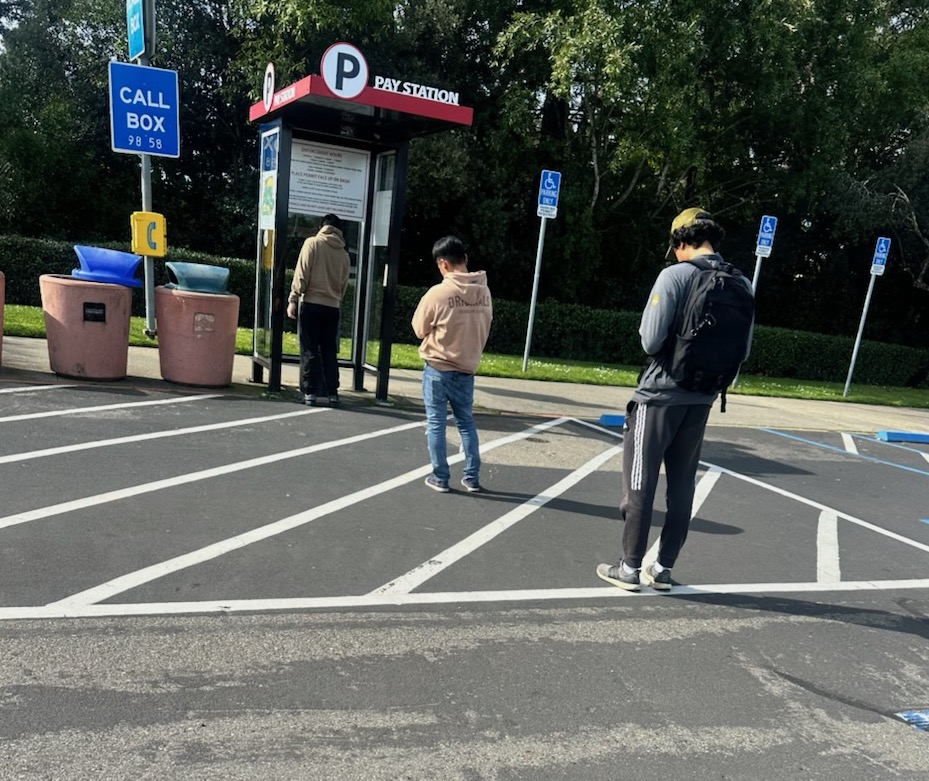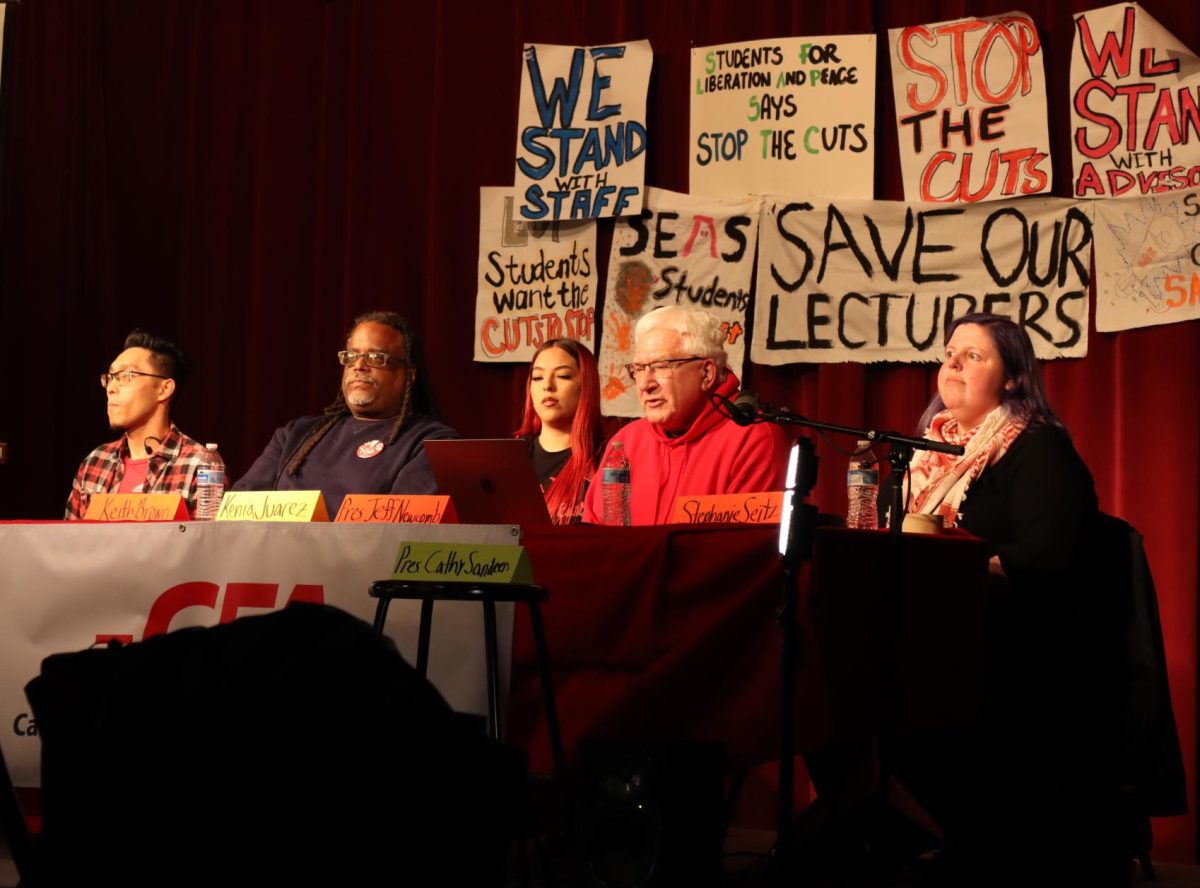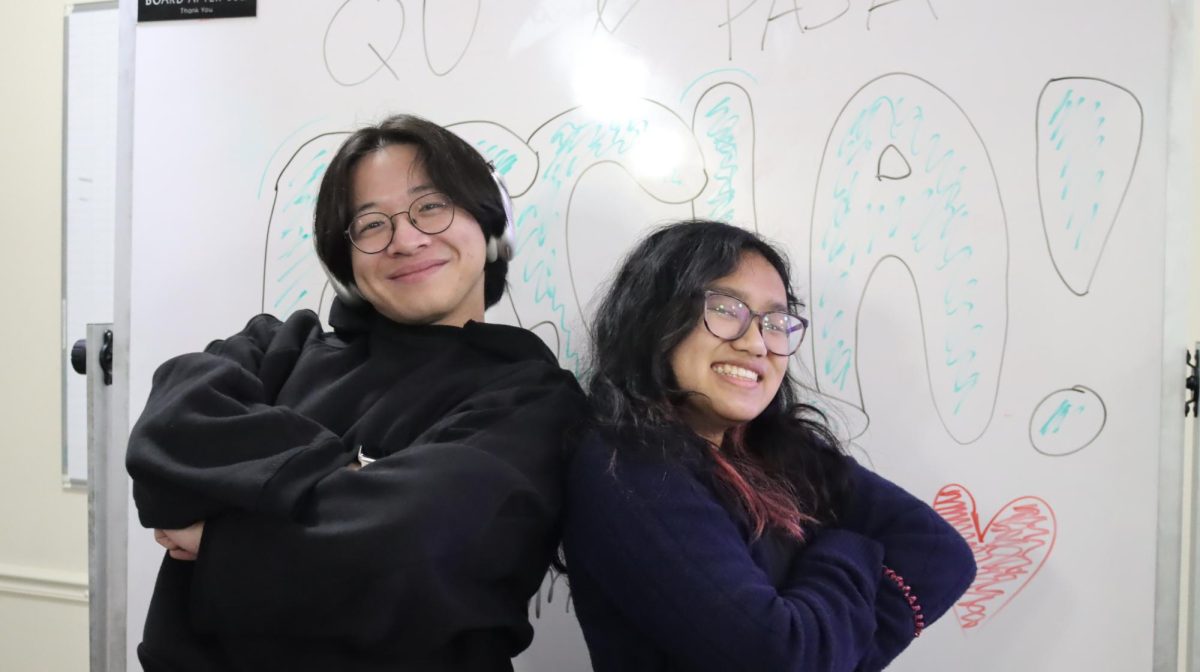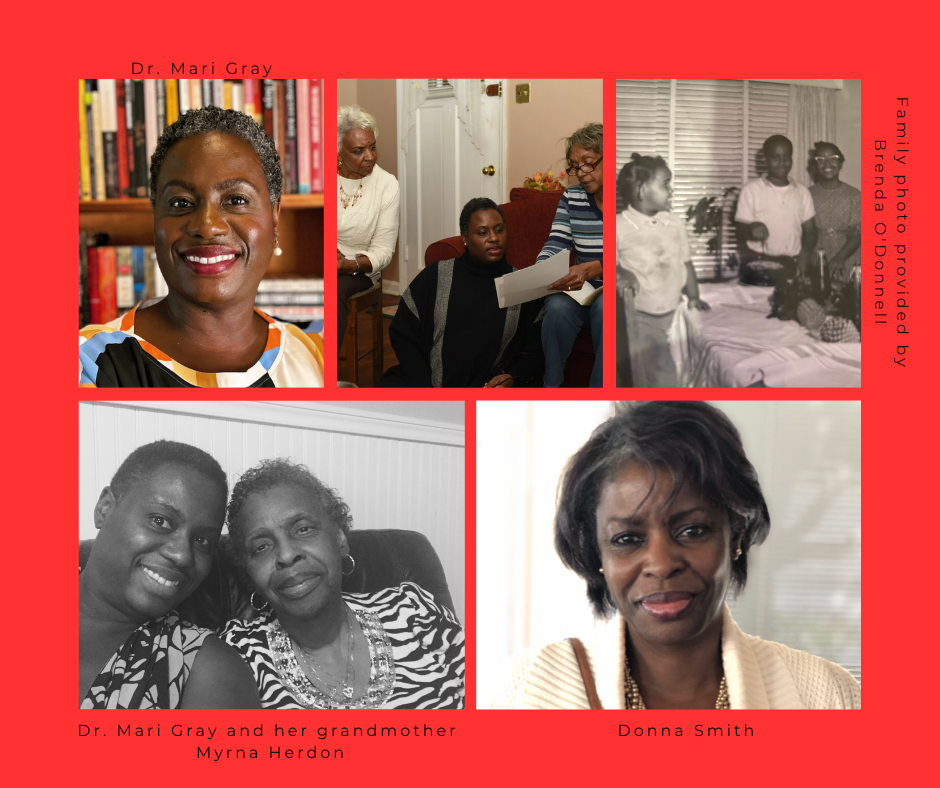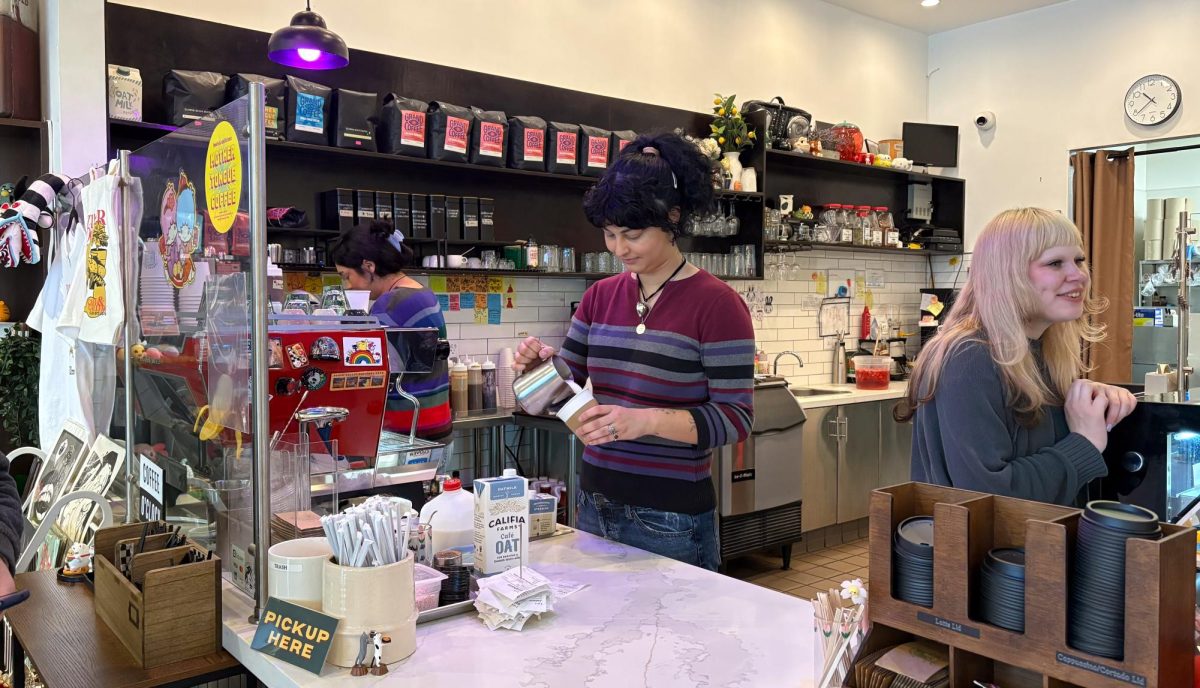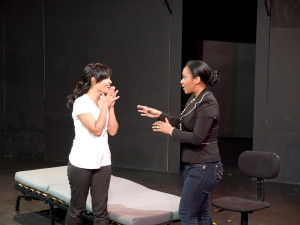
“The Word of Oprah,” a piece previously staged this summer for CSU East Bay’s Highlands Summer Theatre’s “Secrets EXposed,” was performed in San Francisco last Thursday through a theater group aiming to impact viewers with their ethnic and gender empowering stories.
Through PMSTA (Pinays Maintaining Sisterhood Through Art), a group inaugurated in 2007 striving to “support and strengthen Filipino-American women’s capacities in the world of art,” the dramatic piece was performed in “Death of a Player,” showcasing stories they felt needed to be heard.
The overall premise of “Death of a Player,” directed by CSUEB Theater professor A. Fajilan, was themes in Filipino culture and the stories Filipino-American women felt represented issues closest to their hearts.
A woman begins the show by referencing different anatomical parts, particularly the brain and the heart. She expresses that too often Filipino men don’t care much about their women’s hearts, citing infidelity in their culture as unfortunately commonplace.
A majority of the pieces in “Death of a Player,” including “The Word of Oprah,” offer commentary on the painful implications of infidelity and what it causes people to do, as the show was a creative expression of women from an ethnic group in the Bay Area emerging with a strong cultural presence.
“The Word of Oprah” is a piece written by San Francisco native Christina Ying a year ago, inspired from a past relationship that ended in infidelity.
“For anyone who has gone through it, your mind just goes into some really weird places where you feel like you have permission to lose it,” said Ying. “I wanted to show where infidelity takes your mind and adding Oprah to the picture as this fantastic being that women in our age demographic really look up to.
“The impact we hope to make is modern day women grabbing inspiration to express their stories in hard times and really looking into ourselves,” she continued.
Originally performed as a monologue in the summer show at CSUEB, Theater major Teresita Brown played the part of Oprah Winfrey, easily mimicking Winfrey’s trademark interview style and voice that had audience members laughing throughout the piece.
The different format performed at Bindlestiff Studio in San Francisco Oct. 13 had another actress play the part of maniac Cindy with Brown only playing Winfrey, which was not as effective as the piece performed at CSUEB but still served its purpose in overlaying the message behind the story.
Brown has an interesting quality about her performances, as she truly seems to embody her character to the point where it appears even she believes she’s a new person. In the end, her performances are refreshing and admirably well done.
Ying’s writing is strong and particularly creatively presented. It’s an interesting take on expressing pain through infidelity, and it works.
“This story just became beyond me,” said Ying. “To see people affected by my story is amazing, nothing compares to it.”
Brown, who said she fell in love with theater at CSUEB, said pieces like “The Word of Oprah” are expressive of emotions and feelings many people are afraid to unleash, and thus acting it was a huge honor and accomplishment.
As a half Filipino and half African-American Oakland native, Brown said her involvement with PMSTA has resonated with what she feels is her duty as an actress and woman of color: to change the way people see ethnic actresses and what they are truly capable of.
“I want to prove that we can be as good as anyone else in the top earning roles,” said Brown. “PMSTA empowered me to feel confident about myself as a colored female actress in a competitive industry, and working with talented, hard-working and strong Asian-American females who have been through a lot and throw it all out there on the stage resonates in each piece and through each actor.”
Ying says the show’s success at CSUEB and now Bindlestiff Studio has taught her what it means to rise out of the ashes and reinvent yourself despite pain.
“I’m kind of pseudo-quoting Conan O’Brien when I say this, but when you meet your self-perceived failure, it’s an opportunity for reinvention,” said Ying. “Whether it’s a relationship, whether it’s your ego or any sort of misfortune that you meet, instead of wallowing in it and letting yourself give up and die, it’s an opportunity for you to be someone else and at that even be someone greater.”
Ying and Brown add they would hope, if nothing else, college students take the opportunity to see shows such as “Death of a Player” to explore new ideas and learn about different cultures.
“Without groups like PMSTA people wouldn’t have an accurate depiction of who we are as artists and Filipino women,” said Ying. “It’s a challenge for mainstream in terms of who women really are and what our value is in the rest of society.”
In the end, Ying said she plans to continue writing about women and who they really are as intelligent, passionate people capable of turning the world on its feet.
“Why not see a production by women who nourished stories from their inner souls so we can all connect to one another in the end?” she said.
“I think when you’re in college you’re at a time where you’re open to new ideas, why not take it to a creative venue? I think Filipino-American women and women of color, we’re a lot more special, and I think mainstream media doesn’t express us in that way, but now we’re going to make that change, one show at a time.”


